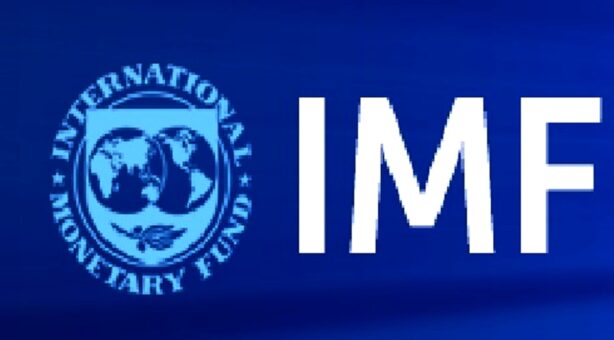Karachi, June 30, 2023: Pakistan’s new standby arrangement (SBA) with the International Monetary Fund (IMF) has surpassed expectations, according to analysts at Topline Research.
The country has secured a new IMF SBA worth US$3 billion, set to span nine months.
This is not the first time Pakistan has entered into such an agreement with the IMF, as similar SBAs were established in 2008 and 2000. However, the current program is being hailed as significantly better than anticipated.
The period after June 2023 presented numerous uncertainties due to the upcoming caretaker government and subsequent transfer of power to a new administration. The recent funding injection of US$3 billion for nine months is expected to restore investor confidence.
Furthermore, this new deal will attract bilateral and multilateral funding from countries such as Saudi Arabia and the UAE, which will help replenish Pakistan’s foreign exchange reserves. The agreement will bring a much-needed sense of discipline until December 2023, which may have been compromised by populist measures taken during the upcoming elections. Overall, it is viewed as a blessing in disguise.
The caretaker government will now have a clear roadmap for economic stabilization, ensuring a smoother transition for the newly elected government by November or December. The IMF has emphasized the importance of the State Bank of Pakistan (SBP) remaining proactive in managing inflationary pressures, which may lead to high interest rates.
In the short term, the Pakistani Rupee (PKR) is expected to gain strength in both the interbank and open markets. However, experts do not foresee a significant or sustainable recovery in the currency.
The IMF’s directive to fully allow market determination of the exchange rate means there will be no further intervention in the currency market. This move aims to promote a free and fair exchange rate system, guided by market forces.
Additionally, the IMF suggests the introduction of power sector reforms, including potential tariff increases. These reforms are anticipated to address long-standing issues and promote the sector’s stability.
The ongoing rally of Pakistan’s Eurobonds, particularly in short-duration bonds, is expected to continue. For instance, the Pakistan 2024 Bond has already experienced a substantial increase, rising from a low of 38 cents to approximately 62 cents.
Furthermore, local stocks that currently trade at remarkably low price-to-earnings ratios of less than 3x are expected to rally following this new IMF deal. The benchmark index, which has been fluctuating between 40,000 and 42,000, may break through this level and approach 44,000.
The IMF’s press release did not explicitly mention the sustainability of Pakistan’s debt or the risks associated with external debt repayment. However, the positive developments resulting from this agreement are likely to instill greater confidence in the country’s financial markets.
Overall, analysts are optimistic about Pakistan’s economic prospects, as the new IMF SBA provides a much-needed boost and lays the foundation for future reforms and stability.
